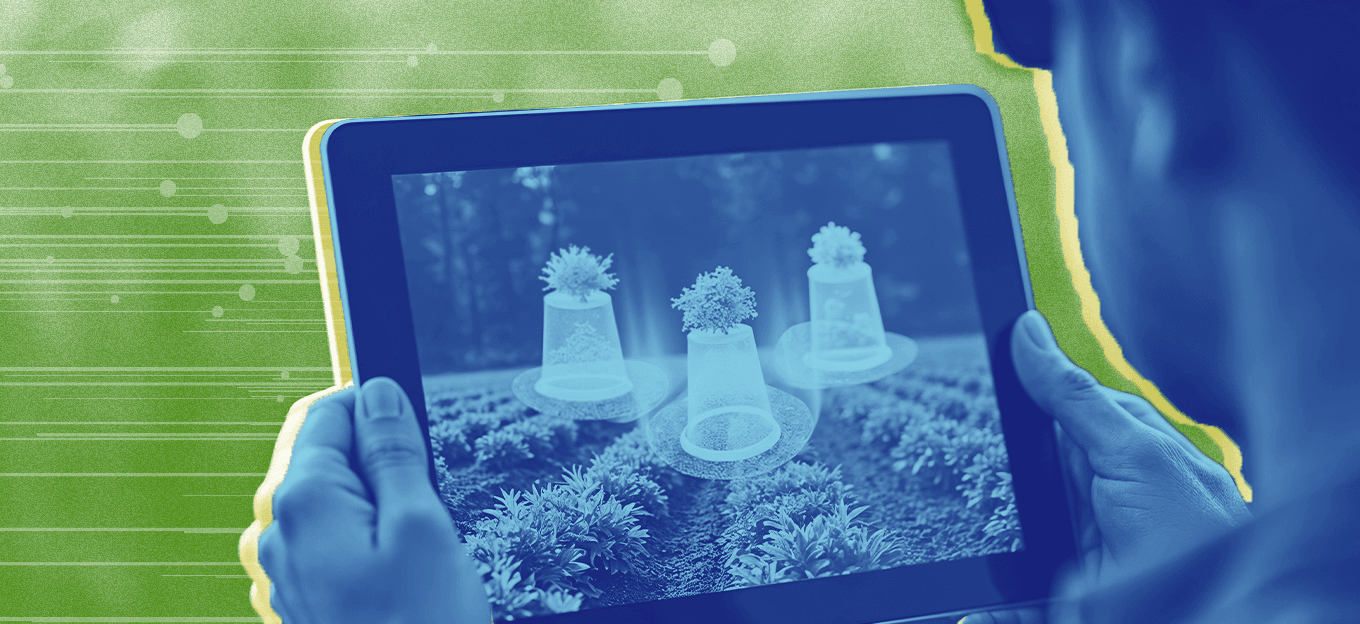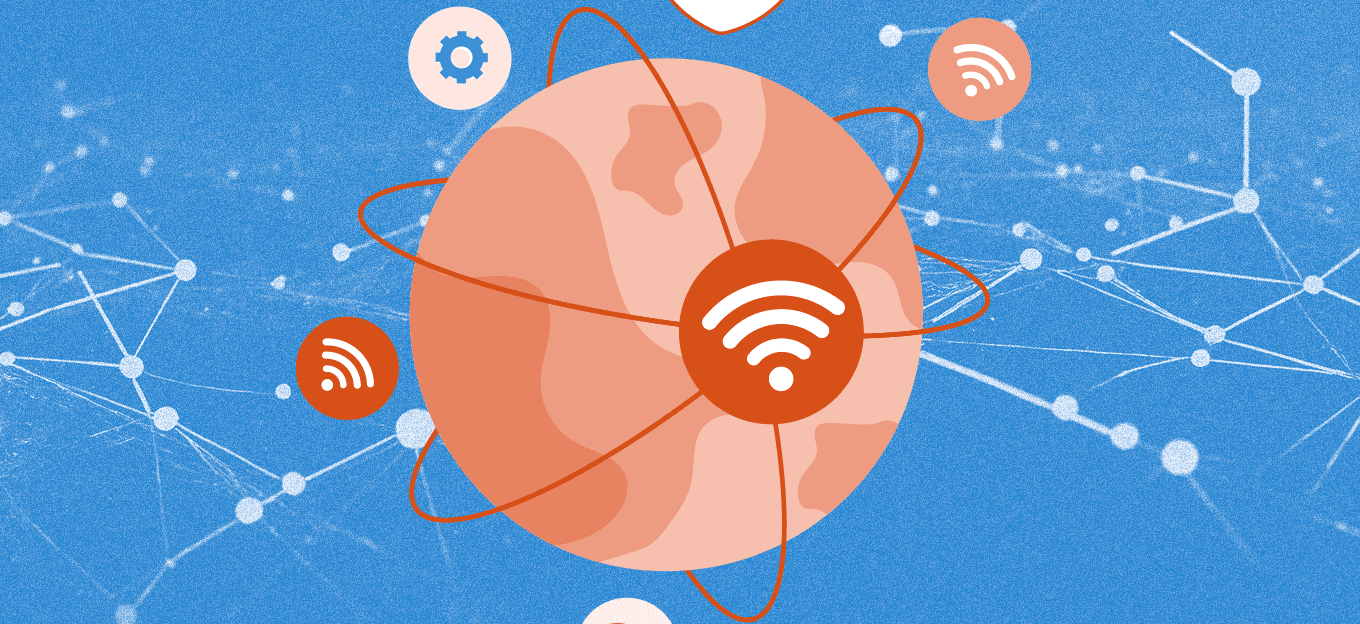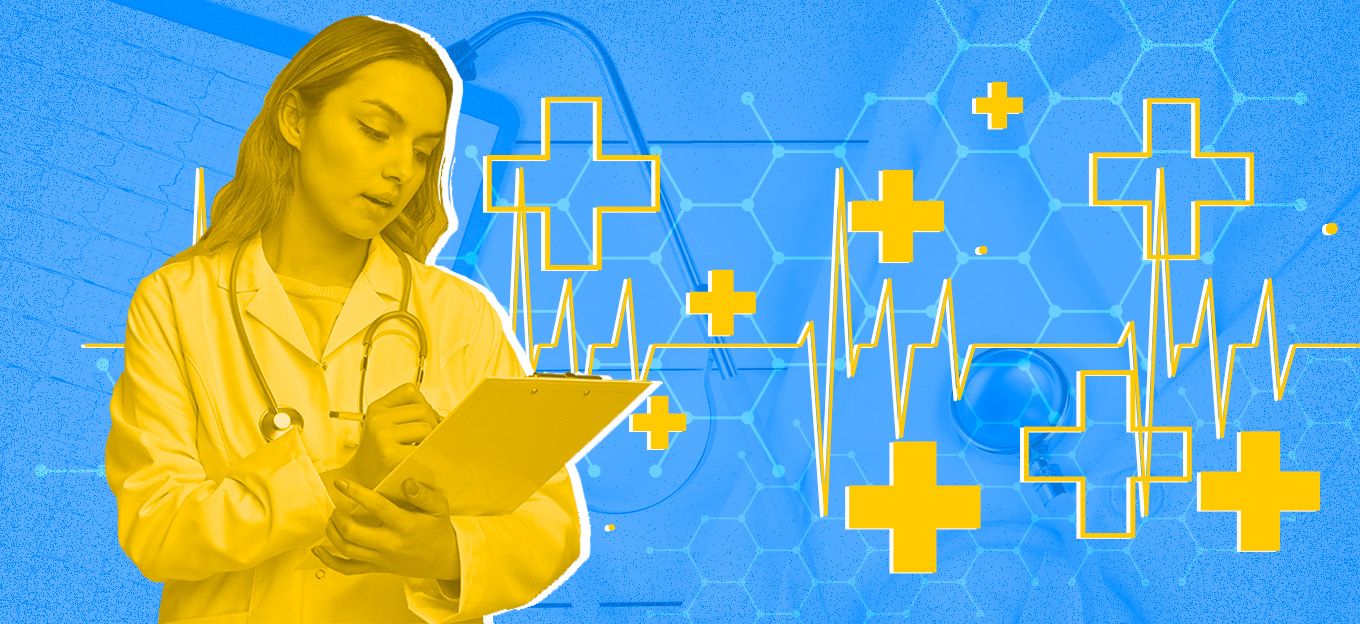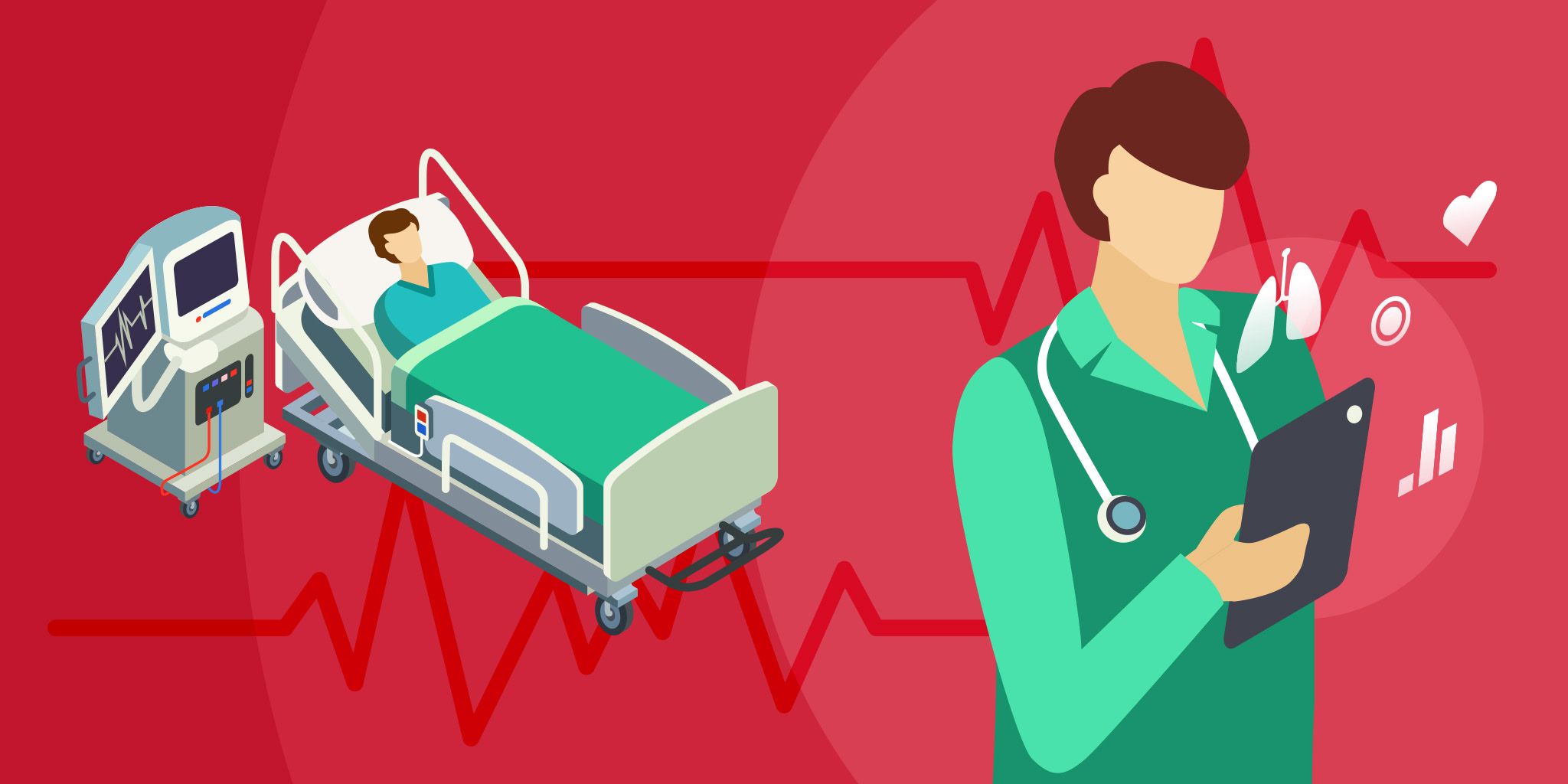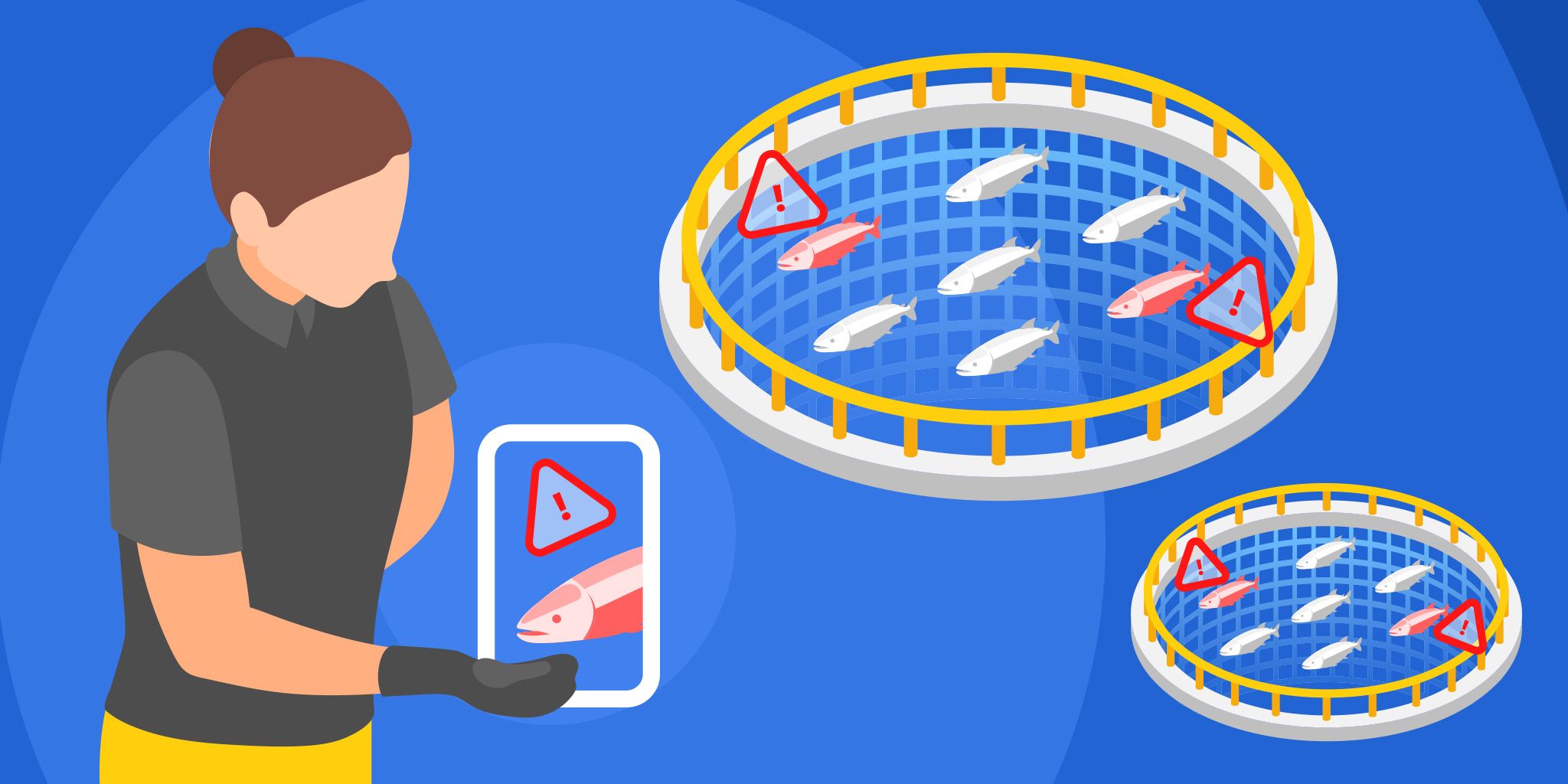Integrating IoT into Healthcare, Agriculture and Transportation Applications
Integrating IoT into Healthcare, Agriculture and Transportation Applications
- Last Updated: December 2, 2024
Varistor Technologies
- Last Updated: December 2, 2024



Isn’t it fascinating when you take a traditional device, like a watch, and by add computing, connectivity and a layer of intelligence to it, you end up transforming the user experience?
What's the Internet of Things? We connect physical devices to the internet to transform the user experience. There's a whole range of possibilities you can imagine for IoT Applications. Smart homes probably the most commonly discussed in popular media. Imagine your garage door, lights in your home and stereo all working together to create a better atmosphere when you arrive home, "tuning" your environment to your preferences and needs.
Now, for business Applications, think of a farmer managing an entire farm by a smartphone. The security camera, the irrigation equipment, the temperature sensors—all of them can be connected so they can work better together. In a city's public transportation system, you could manage traffic, bus schedules, parking spots and maintenance, and you can create a much better experience for people living in the city.
Bringing IoT and Machine Learning to Healthcare

Image Credit: Medical Futurist
Healthcare institutions today are increasingly adopting technologies that offer diverse remote monitoring, healthcare delivery and in-home diagnostics capabilities which leverage Machine Learning and the Internet of Things. Smart healthcare systems today incorporate around-the-clock real-time data streaming, medication reminders and real-time medical diagnosis, all of which reduce the need for hospital visits.
IoT is sometimes referred to in the healthcare industry as the Internet of Medical Things (IoMT). It consists of any and all medical devices, patient monitoring tools, wearables and other sensors that can send signals to other devices via the internet. These tools generate massive amounts of data that must be stored, integrated and analyzed in order to generate actionable insights for chronic disease management and acute patient care needs.
Predicting patient deterioration or infection in the inpatient setting requires continuous feedback from bedside devices, while home monitoring tools such as Bluetooth enabled blood pressure cuff, scales and pill bottles can keep patients adherent to chronic disease management protocols outside of the clinic. Sensors, Machine Learning, Big Data Analytics and Blockchain could all be potentially useful technologies for IoMT.
IoT technologies are expanding into new sectors every day. The healthcare, agriculture and transportation industries, in particular, will get incredible benefits from these new technologies.
IoT Applications in the Agriculture Industry

Image Credit: Nanalyze
We all know how mobile phone communications are impacting agricultural communities. IoT will further extend and amplify this impact. With IoT, farmers can monitor and manage every tiny detail—from the moisture, nutrient and acidity contents of soil and individual plants to the presence of pests and local weather patterns to the health and well-being and minute-to-minute movements of cattle. As these elements become connected, farmers stand to gain huge insights from Big Data Analytics that enable better decisions.
IoT and remote sensing have helped unearth new innovations. For example, GroundCover uses farm imagery to map and predict potato yields; its CanopyCheck app adds geolocation information to farmers using smartphones. Monsanto’s Integrated Farming System (IFS) uses analytics tools, e.g. "FieldScript," for advice on planting, precision seeding and genetic gain. GrowSafe Systems use sensors and analytics to track the movement and health of cattle and help farmers deal with disease detection and prevention.
IoT in agriculture can unleash a range of benefits. It can increase the productivity of agricultural workers by automating processes such as switching on remote farming equipment, which also reduces travel costs. More responsive health care services can also be provided for livestock, and their health indicators can be tracked via wireless sensors. IoT, along with accompanying analytics solutions, can reveal new insights into the seasonal planning of crops, increasing food safety and mitigating crop failure risks.
IoT Applications in Transportation

Image Credit: BaslerWeb
As IoT continues to connect the world around us, some of the most exciting digital transformations are emerging in the transportation industry. Already, we see cities and states piloting and deploying IoT-enabled technologies that connect transportation infrastructures, mass transit systems, roads, highways, signage and street lights to vehicles and everything in between. Together, these connections promise to create streamlined, frictionless transportation, while increasing safety and sustainability.
Artificial Intelligence and Machine learning will become much more relevant in the transportation sector in the future, enabling more automated, predictive analytics and better decision-making. AI and ML will increase road and highway safety and efficiency by making it possible to predict when to deploy emergency response vehicles, tow trucks, snow plows and more. For example, by aggregating and analyzing current and historic weather, microclimate and traffic data, transportation agencies can preemptively deploy salt trucks to roadways that often ice over just before they begin to freeze. Subsequently, they can predict when fog is likely to appear on hyper-local sections of roadways and warn drivers.
These types of predictive decisions, powered by AI and ML, enable transportation to move with fewer disruptions, keep costs down and ensure safer travel.
The Most Comprehensive IoT Newsletter for Enterprises
Showcasing the highest-quality content, resources, news, and insights from the world of the Internet of Things. Subscribe to remain informed and up-to-date.
New Podcast Episode

IoT in 2026: Trends and Predictions
Related Articles
